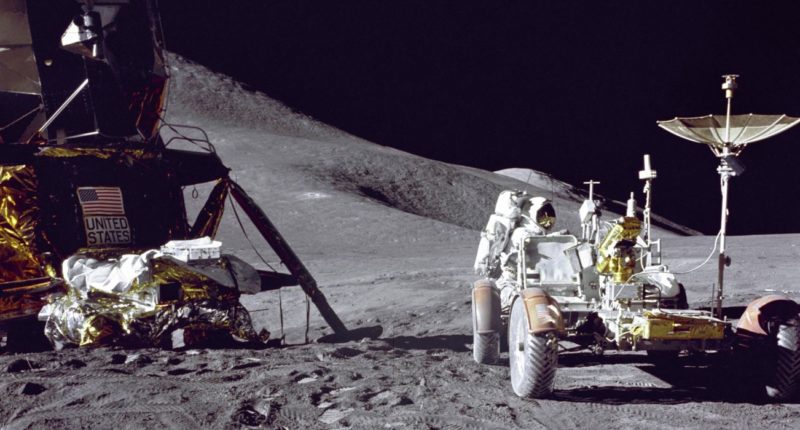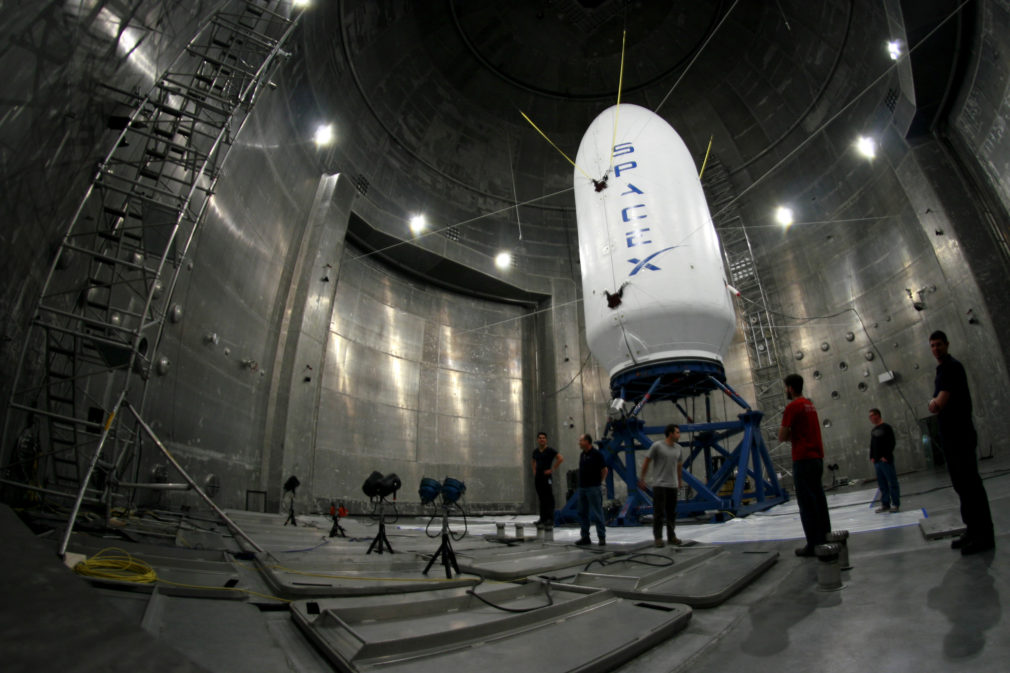US President Donald Trump has signed an agreement calling for international support for the use and recovery of resources in outer space. The order is a mere statement but is indicative of American interests towards revised policies regarding the use of space resources.
With NASA’s efforts towards the Artemis mission in motion, an interest in regulations regarding commercialization of space resources doesn’t come as a surprise. When it comes to ownership and activities of the states on celestial bodies, the jury has been out for a while. Just like the traffic of communication satellites in the sky, this issue begs international attention. And this is for good reason- ownership of resources on celestial body is a complex issue. It brings many questions to light-which organisations on earth will form regulations for the use of these resources? Which authorities will arbitrate disagreements? More technical questions like how the destruction of the lunar surface due to mining will be prevented remain unanswered as well.
The order signed on Monday highlights the uncertainty with regards to rights of recovery and use of space resources and encourages the international arena to move towards definite policies.
This is certainly not the first attempt at formulating regulations regarding international ownership in space. The most famous attempt- “moon treaty” of 1979 said that the surface of celestial bodies must be used only for peaceful purposes and activities of states must not disrupt their environments. The agreement was rejected by most space-faring countries including the U.S., with only 18 countries have ratified the Moon Agreement till date.
According to the order “The United States is not party to the Moon Agreement” and mentions that the U.S does not consider it to be “an effective or necessary instrument to guide nation states” with regards to the issue at hand. U.S will thus object to any attempt by a state or organisation to declare the treaty a law.
What adds to the vagueness surrounding the issue are the differences between the Moon Agreement and the 1967 Treaty on Principles Governing the Activities of states in the Exploration and Use of Outer Space. The latter was joined by U.S and 108 other countries and forms the basis of International Space Law.
In addition to the rejection of the Moon Treaty and encouragement for international support, the order also declares that the U.S doesn’t consider outer space as a global common. Further, the U.S believes that “Americans should have the right to engage in commercial exploration, recovery and use of resources in outer space, consistent with applicable law” indicating the country’s clear vision of a path to off-earth mining.
The vision also aligns with the main goals of the Artemis mission, which includes sustainable living of humans on the lunar surface and extraction of resources. The ambitions are not limited to the moon which further justifies heightened American interest in the issue.
This however, does not make negotiations easier. High-level talks may already be in motion since a public declaration has been put out. A white house official revealed that the released order was in the works since last year but was released now due to NASA’s declared plans regarding the Artemis Mission, the technical details of which the agency recently made public.





